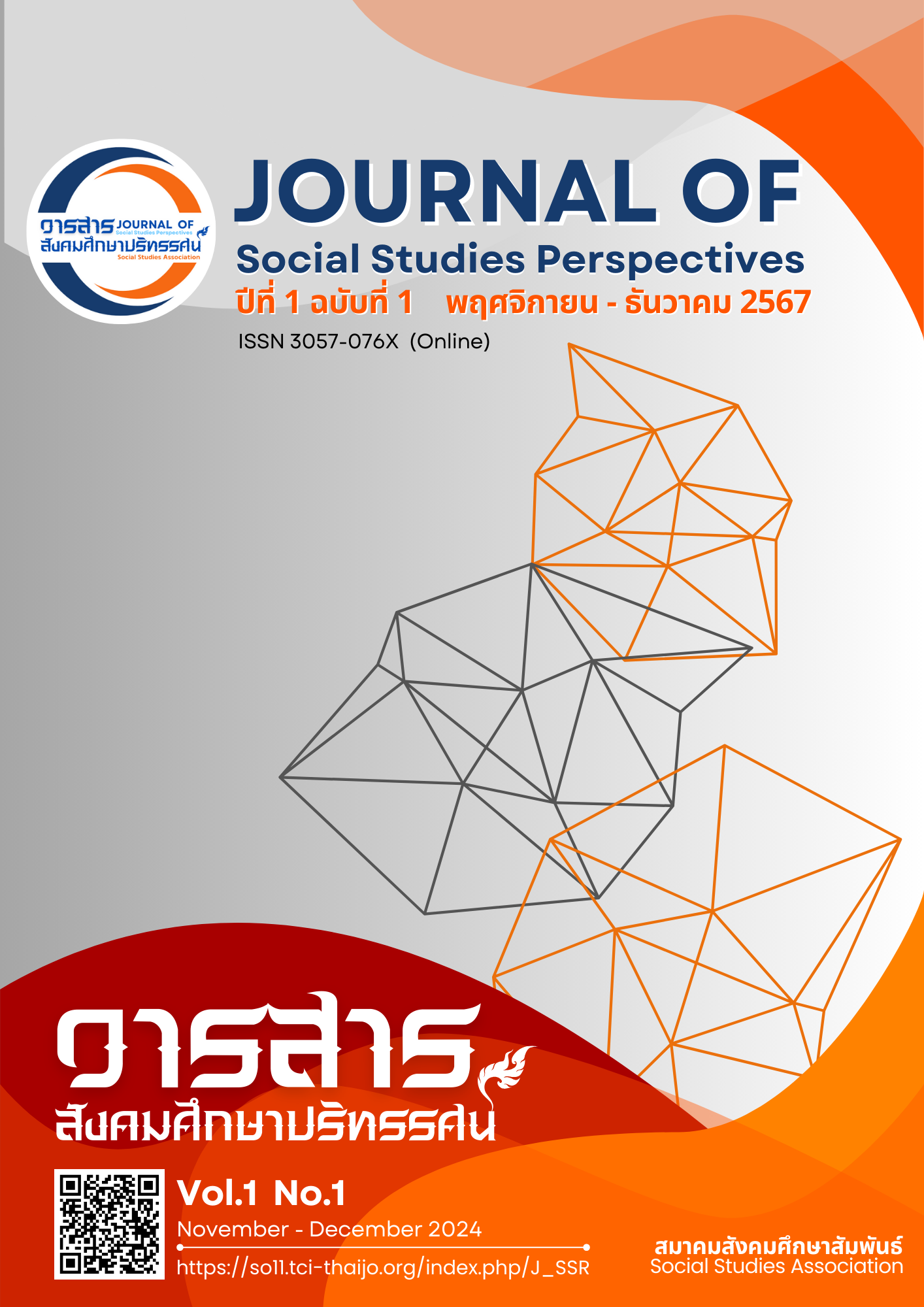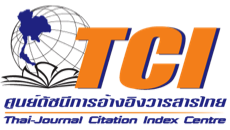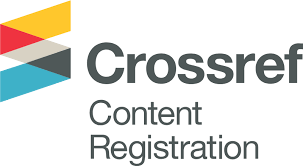PERMA THEORY: THE KEY TO ORGANIZATIONAL HAPPINESS
DOI:
https://doi.org/10.64186/jsp1070Keywords:
PERMA theory, organizational happiness, human resource development, employee engagement, work performanceAbstract
The PERMA theory, pioneered by Martin Seligman, provides a foundational framework for fostering well-being and thriving across personal and professional domains. This model is comprised of five essential elements: Positive Emotions, Engagement, Relationships, Meaning, and Achievement. Within organizational contexts, the application of PERMA has demonstrated
significant potential to enhance employee engagement, boost work performance, and cultivate a positive organizational culture. This scholarly article systematically addresses: 1) The origins and critical importance of PERMA theory, including its foundational principles, development, and relevance within organizational settings; 2) A detailed examination of the five elements of PERMA in relation to organizational dynamics, drawing links to complementary concepts such as Csikszentmihalyi’s Flow theory and Kahn’s theory of employee engagement; 3) A review of recent empirical research on the organizational applications of PERMA, identifying salient findings and emergent research trends; 4) A comprehensive analysis of each element within the PERMA framework as it pertains to organizational environments, with cross-references to relevant theoretical perspectives; and 5) Pactical recommendations for leveraging the PERMA model within human resource development to cultivate a productive, well-being-centered organizational culture. This article provides a robust synthesis of theoretical insights and actionable strategies, supported by recent research on PERMA’s efficacy in organizational development, making it a valuable resource for executives and human resource professionals seeking to strategically implement PERMA to drive organizational happiness and optimize performance
References
Boehm, J. K., & Lyubomirsky, S. (2020). The promise of sustainable happiness. In S. J. Lopez (Ed.), Handbook of positive psychology (2nd ed., pp. 667–677). Oxford University Press.
Cohn, M. A., Fredrickson, B. L., Brown, S. L., Mikels, J. A., & Conway, A. M. (2009). Happiness unpacked: Positive emotions increase life satisfaction by building resilience. Emotion, 9(3), 361–368. https://doi.org/10.1037/a0015952
Csikszentmihalyi, M. (1990). Flow: The psychology of optimal experience. Harper & Row.
Diener, E., Oishi, S., & Tay, L. (2018). Advances in subjective well-being research. Nature Human Behaviour, 2, 253–260. https://doi.org/10.1038/s41562-018-0307
Saks, A. M. (2019). Antecedents and consequences of employee engagement revisited. Journal of Organizational Effectiveness: People and Performance, 6(1), 19–38. https://doi.org/10.1108/JOEPP-06-2018-0034
Schaufeli, W. B., & Bakker, A. B. (2004). Job demands, job resources, and their relationship with burnout and engagement: A multi-sample study. Journal of Organizational Behavior, 25(3), 293–315. https://doi.org/10.1002/job.248
Seligman, M. E. P. (2011). Flourish: A visionary new understanding of happiness and well-being. Free Press.
Tims, M., & Bakker, A. B. (2023). Weekly reciprocal relationships between job crafting, work engagement, and performance a within-person approach. Frontiers in Organizational Psychology, 1, Article 1200117. https://doi.org/10.3389/forgp.2023.1200117
Trudel, N., Lockwood, P. L., Rushworth, M. F. S., & Wittmann, M. K. (2023). Neural activity tracking identity and confidence in social information. eLife, 12, Article e71315. https://doi.org/10.7554/eLife.71315
Van den Broeck, A., Howard, J. L., Van Vaerenbergh, Y., Leroy, H., & Gagné, M. (2021). Beyond intrinsic and extrinsic motivation: A meta-analysis on self-determination theory's multidimensional conceptualization of work motivation. Organizational Psychology
Review, 11(3), 240–273. https://doi.org/10.1177/20413866211006173
Zhao, X., & Lu, Y. (2022). Fostering employee engagement through workplace friendship: The roles of psychological safety and power distance orientation. International Journal of Environmental Research and Public Health, 19(3), 1192. https://doi.org/10.3390/ijerph19031192
Zhao, X., Sun, T., Cao, Q., Li, C., Duan, X., Fan, L., & Liu, Y. (2023). The impact of job crafting on work engagement through psychological empowerment: A moderated mediation model. Frontiers in Psychology, 14, Article 1130998.
Downloads
Published
How to Cite
Issue
Section
Categories
License
Copyright (c) 2024 The Social Studies Review Journal

This work is licensed under a Creative Commons Attribution-NonCommercial-NoDerivatives 4.0 International License.
The article is published under the Creative Commons Attribution-NonCommercial-NoDerivatives 4.0 International (CC BY-NC-ND 4.0) license, which allows others to share the article while giving appropriate credit to the author. It prohibits the use of the article for commercial purposes or the creation of derivative works. Any other reuse or reproduction requires permission from the journal.










